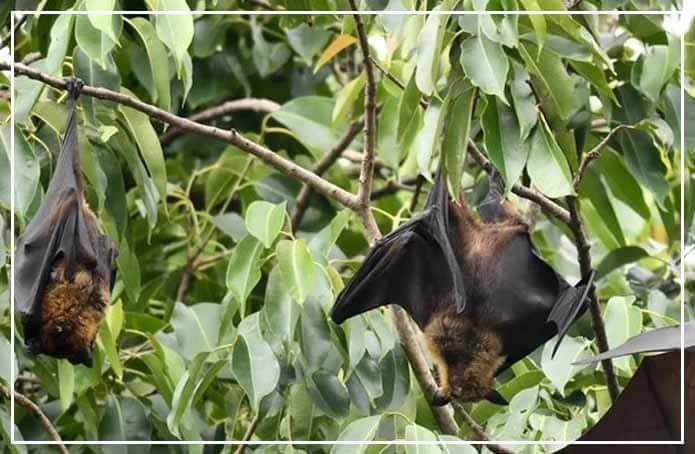India is on the state of fear for the new outbreak of lethal Nipah virus Pandemic deadly disease. Doctors and relatives were found wearing protective gear, dig a grave to bury the body of a Nipah virus victim on May 24, 2018. India after a 23-year-old man diagnosed with the Nipah Virus, has put more than 300 people under examination, it is a rare and often deadly disease. Earlier this year 2019, a list was unveiled of ten diseases which could result in a future epidemic in India. Now, Global Security Index has been exposed of countries ranked according to their vigilance in the face of a future infectious disease outbreak of epidemic or pandemic magnitude.
The Nuclear Threat Initiative (NTI) by Johns Hopkins University Centre for Health Security, and the Economist Intelligence Unit (EIU) has prepared the Global Health Security Index, in which India is ranking 57th out of 195 countries.
Jennifer Nuzzo, an associate professor at the Bloomberg School and senior scholar at the Centre for Health Security said no country is fully prepared for naturally occurring, intentional, or accidental infectious disease outbreaks. After knowing the threat in advance, they said that countries can use this index to identify gaps in their systems, build preparedness and best practices, and track progress much before the outbreak.
Pandemic diseases never wait; the report comes on the heels of outbreaks of diseases such as Ebola and Zika in recent years. India is self sufficient to cope up with the outbreaks of its own: in addition to communicable conditions such as HIV, malaria, and Tuberculosis circulating for years, the country has witnessed emerging diseases take a toll. A notable example is the Nipah virus, outbreaks of which occurred in Kerala both last year and this year. While this year no fatalities were reported, the potential for resurgences in future years is very real.
The average score of countries for their preparedness on the Global Health Security Index was forty out of 100. India scored 46.5. There are very few countries which score high in their preparedness. Just nineteen percent score above 66.7. As such, the report calls for a United Nations meeting to be convened about biological threats; for governments to make a committed pledge to health security, including emergency preparedness; and for financing to be ensured to plug the gaps where they appear. “Without a way of identifying gaps in the system, we are much more defenceless than we need to be said by Leo Abruzzese, global health advisor for the EIU.
In light of challenges in responding to the Ebola outbreak in the Democratic Republic of the Congo, political and security risks are clear barriers to effective response [to epidemics]. It is clear that more needs to be done, in India and in other nations, to be vigilant against the prospect of disease outbreaks on a large scale.
Tom Inglesby, director of the Center for Health Security said whether there is a natural, accidental, or deliberate, infectious disease outbreak but anyhow will cause significant harm to health, peace, and prosperity, if countries are not adequately prepared. It is important for national leaders to understand the risks that infectious diseases pose and consequently commit for making improvements in preparedness for these events.
“Preparedness Much Before the Disaster Is Always Beneficial”
❖ Read More:
➥ Ransomware virus ‘Wannacry’ and its effects:
➥ Ebola Outbreak : WHO Declares Ebola as Global Health Emergency
➥ Outbreak of Vector Borne Diseases in Delhi
➥ Ebola Outbreaks in Congo, Declared a Global Health Emergency

























